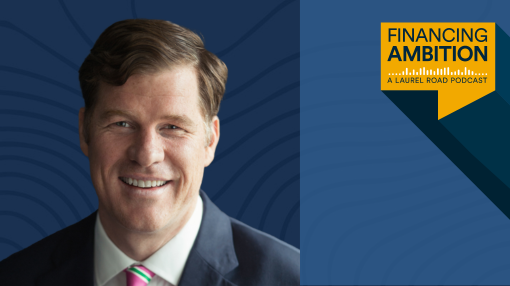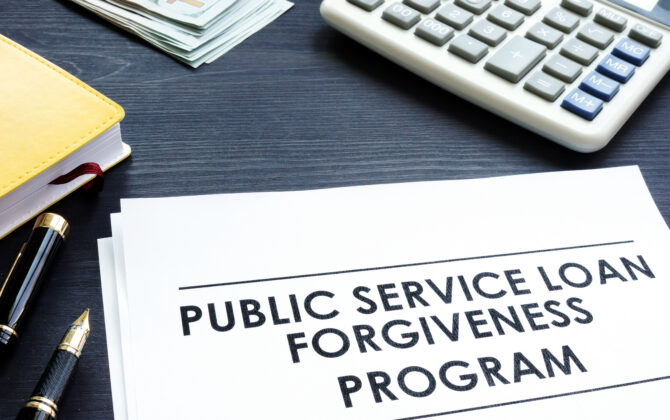What began as a pandemic-related response to assist student loan borrowers in March 2020, resulted in federal student loan payments and interest being paused for over three years. After eight extensions, the US Department of Education put an end to the pause on student loan payments. Interest resumed as of September 1, 2023, and payments resumed as of October 2023. Additionally, after months of uncertainty, the Supreme Court finally struck down the student loan debt relief plan that President Biden proposed in August 2022 and would have forgiven up to $20,000 for low- and middle-income borrowers.
Both of these major developments in the world of federal student loans have left many borrowers wondering how to quickly recalibrate their budgets to make monthly payments again, while recent graduates may be wondering how to set up student loan payment for the first time.
However, many borrowers will have other potential pathways to full or partial forgiveness available to them, regardless of their student loan debt amount and employment type. “Even with the SCOTUS decision, there are still other paths to federal student loan forgiveness through government programs such as Public Service Loan Forgiveness (PSLF) and Income-driven Repayment (IDR),” said Chris Walters, head of GradFin.1
“IDR – which calculates your monthly payment amount based on factors like adjusted gross income and family size – will be the path forward for most borrowers, and can forgive your remaining student loan balance after 20 or 25 years of repayment.”
Let’s take a closer look at how borrowers can prepare, the latest status of federal student loan forgiveness programs, and how to start saving for the new financial reality ahead.
Check your loan types, what you owe, and what has changed
Make sure you understand your current loans, including the type of federal student loans you have, your current balance, the type of plan, and who your current loan servicer is – since this may have changed. Be sure to update your contact information on your loan servicer’s profile and in your StudentAid.gov profile. Also keep in mind, if you had enrolled in any automatic debit payments, may need to contact your new loan servicer directly to re-enroll or set up autopay for the first time.
Understand your repayment plan and payment schedule
After you’ve gotten up-to-date on how much you owe and any changes related to your account, you can determine your next steps. While the landscape of options may seem complicated, you’ll want to refamiliarize yourself with your current repayment plan to make sure you’re enrolled in the right plan for your current circumstances. Are you enrolled in a Standard Repayment Plan or are you eligible for an income-driven repayment (IDR) plan? For many borrowers, an IDR plan could make your monthly payments more affordable, depending on your income and family size; learn more below.
Our student loan specialists can also help you evaluate your IDR plan options based on your personal circumstances. Learn more here.
Changes to student loan servicers
Since 2020, there have been significant changes to loan servicers that will potentially impact borrowers. First, make sure you know your current loan servicer, since this may have changed during the pause. According to a recent Consumer Financial Protection Bureau (CFPB) report, over 40% of student loan borrowers will have a different loan servicer than the one they had prior to the payment pause. To confirm your current student loan servicer, you can log in to your studentaid.gov profile, visit your account dashboard and scroll down to the “My Loan Servicers” section.
Now, let’s look at how IDR plans could help you manage your monthly payments and some proposed changes that could make an IDR plan even more affordable for borrowers.







